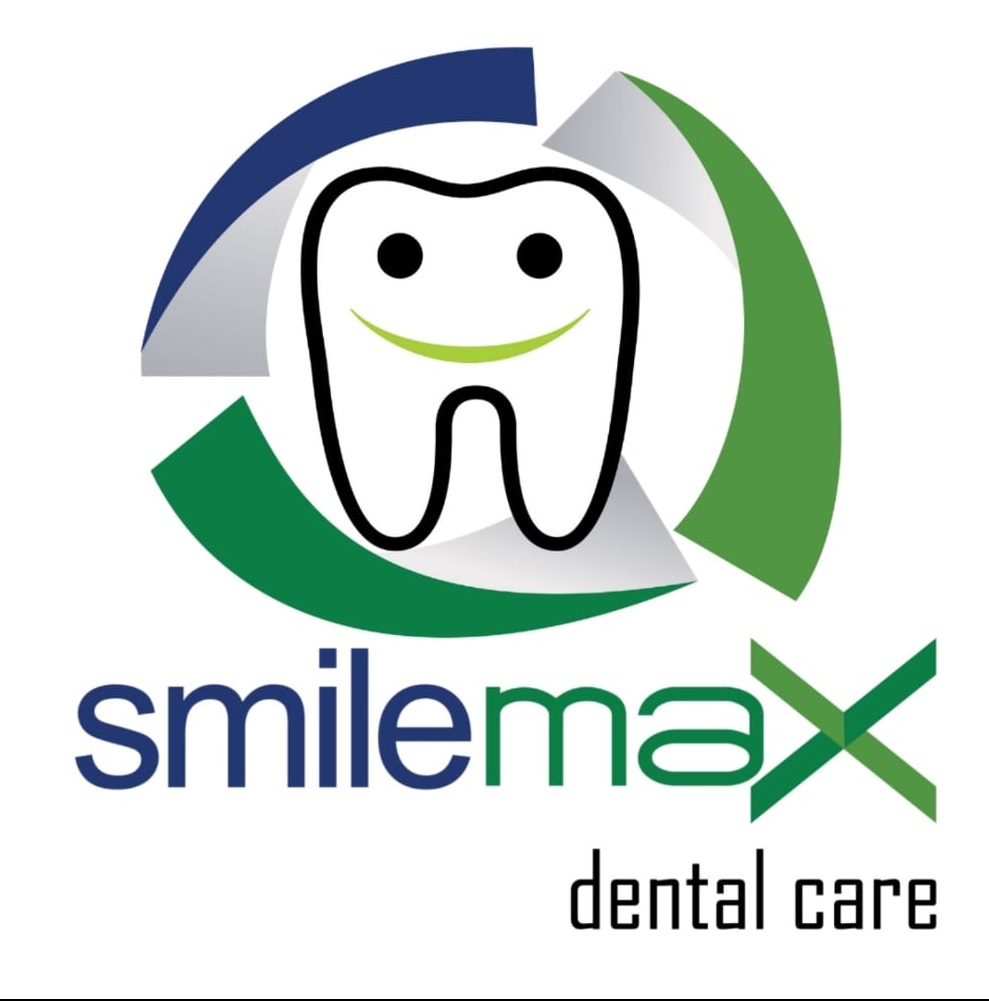Extraction/Tooth Removal-
Tooth Extraction Treatment is the procedure of removal of tooth from its socket. Get best Tooth Extraction Treatment at our Clinic in Gurugram.
Why is it done
Removing a tooth is necessary when the decay in a tooth is so severe that no other treatment can cure the infection. Such as –
- Grossly decayed teeth
- Very loose teeth.
- Extra teeth that block other teeth from coming in.
- Baby teeth that don’t fall out in time to allow permanent teeth to come in.
Types of extractions -
Simple extraction–
It is performed on the tooth seen in the mouth. Dentists loosen the tooth and then subsequently remove it. The procedure is done under local anesthesia.
Surgical extraction–
It is done if the tooth has broken at the gum line or has not come in the mouth. Sometimes bone around the tooth is also removed or tooth is cut to remove it. The procedure is done under local anesthesia/general anesthesia depending on the advice of the Dentist.
Wisdom Teeth Removal / Impactions
Third molars, also called wisdom teeth’ usually do not push through the gums until people are in their late teens, twenties or even older. They are usually the last teeth to erupt. Most people have four wisdom teeth. Some people may have less, or none at all. Often there is little space at the back of the jaws for the wisdom teeth to come through. If the jaw does not have enough room to accommodate the wisdom tooth, the tooth becomes wedged in or ‘impacted’. Some impacted wisdom teeth remain buried and cause no trouble. However, other impacted wisdom teeth may cause severe problems.

Problems caused by impacted wisdom teeth include:

Infection
When an impacted wisdom tooth starts to push through the gum, an infection can start around the top of the tooth. Infection and inflammation can cause pain, swelling, and jaw stiffness. Swallowing may be painful and the person may feel generally unwell. The infection can cause bad breath and an unpleasant taste.

Pain
Pressure from the wisdom tooth may cause pain in the tooth next to it. Pain can also be caused by the infection around the wisdom tooth.

Cysts
If a wisdom tooth is not removed, a sac of fluid, called a cyst can form around the tooth and may displace it. The cyst can destroy the bone and damage other teeth and the gums. Cyst formation around un-erupted teeth is common.

Damage to nearby molars
An impacted wisdom tooth may keep pushing against the molar next to it. This can cause an ‘erosion cavity’ in which the wisdom tooth hits the other molar. This often leads to serious damage to both the teeth. The molars may become infected or abscessed. Removal of both molars is often needed.

Ulcer
An upper wisdom tooth may push sideways out of the gum. It may cause an ulcer where it rubs against the inside of the cheek. A non-healing ulcer for a considerable time may cause a precancerous lesion.

Post extraction instructions-
- Bite on the piece of gauze for 20 to 30 minutes. This pressure allows blood to clot. You may have a small amount of bleeding for the next 24 hrs; which will taper off after that. In case bleeding is not arrested, please get back to your dentist immediately.
- Put ice packs to reduce chances of swelling. Usually they are left for 20 minutes.
- Do not rinse your mouth for 24 hours and do not use straw to drink anything. Failure to comply with this instruction will lead to dislodgement of blood clot.
- Eat soft and cold food for 2 days.
- Gentle rinsing with warm saline water is started 24hrs after the extraction which helps in keeping the area clean and also helps with the inflammation. Most of the swelling and bleeding ends within a day or two after the surgery.
- Smoking has to be strictly avoided.
- For mild to moderate pain, any non-aspirin drug can be used.
- Proper care following any oral surgery will promote healing and prevent complications.
- Avoid strenuous activity for the first 24 hours. It causes your blood pressure to rise and may cause a reoccurrence of hemorrhage.
- Take all medications as directed. Medications are prescribed to control pain or prevent infection.



